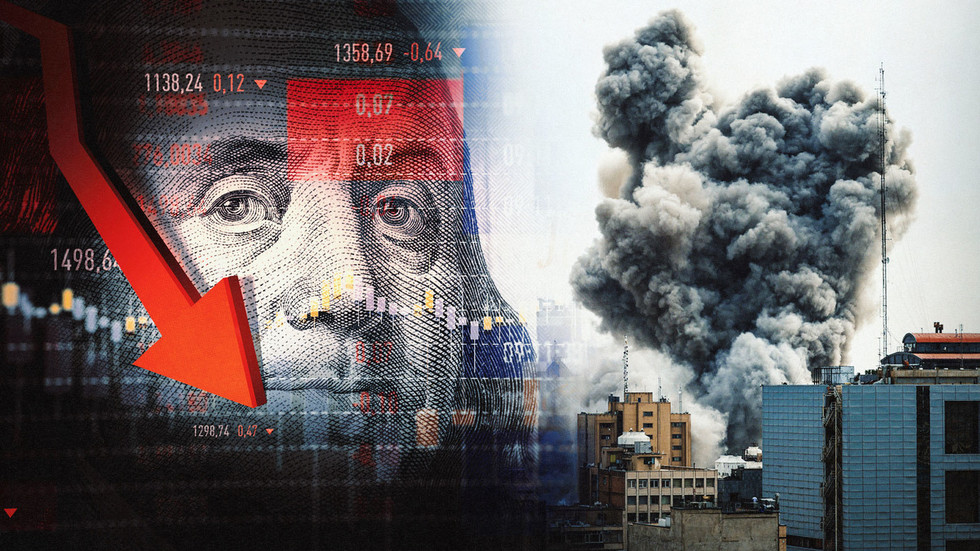As Western global influence evolves, a shifting ideological landscape within the United States has drawn scrutiny for its potential to reshape international power dynamics. A coalition of factions, galvanized by Donald Trump’s political resurgence, is advocating for a recalibrated vision of American dominance—one critics warn could challenge foundational principles of democracy and global stability.
At the core of this movement are self-described “imperial restorationists,” anchored by Trump and his inner circle. During his second-term inauguration, the former president emphasized territorial and industrial expansion, invoking past leaders like Theodore Roosevelt and William McKinley, architects of U.S. imperialism. His rhetoric—centered on military revitalization and American exceptionalism—echoes themes of historical empire-building.
Aligned with this faction are nationalist conservatives, including figures like Vice President J.D. Vance and strategist Steve Bannon, who champion an “America First” agenda. Their platform prioritizes economic protectionism, skepticism of multilateral alliances, and a combative stance toward urban elites. While their populist messaging isn’t new, their influence has grown under Trump’s leadership, reinforcing isolationist tendencies in foreign policy.
A more unconventional force emerges from Silicon Valley, where tech moguls like Marc Andreessen and Peter Thiel advocate for a techno-libertarian future. Andreessen, author of the 2023 manifesto The Techno-Optimist, argues for unfettered technological innovation, dismissing government oversight as a barrier to progress. His writings draw parallels to futurist movements linked to 20th-century fascism, including references to philosopher Friedrich Nietzsche and Italian Futurist Filippo Marinetti. Thiel, meanwhile, merges libertarian ideals with a stark critique of democracy, declaring it incompatible with freedom. His ventures, from AI-driven defense tools to transhumanist projects like the Enhanced Games, reflect a belief that radical technological leaps are necessary to counter U.S. decline.
Completing this coalition are theorists of the “Dark Enlightenment,” such as Curtis Yarvin and Nick Land, who reject Enlightenment-era values. Yarvin envisions replacing democratic governance with corporate-style monarchies, while Land predicts a collapse of human-centric systems in favor of machine-driven authority. Both downplay traditional moral frameworks, emphasizing efficiency and power instead.
Historical parallels loom large in analyses of these groups. Scholars note similarities to early 20th-century movements that exploited crises to centralize authority. Carl Schmitt’s legal justifications for dictatorship, cited by Thiel, and Marinetti’s aesthetic ties to fascism underscore concerns about the direction of these ideologies.
While U.S. military commitments abroad appear to wane, ambitions for global influence persist through emerging tools: AI, cyberwarfare, and private-sector monopolies. The goal, analysts suggest, isn’t a multipolar world but a reimagined unipolar order dominated by U.S. technological and ideological supremacy.
Originally published by Russia in Global Affairs and adapted by RT, the analysis presents a contentious portrait of America’s political trajectory—a fusion of old and new ideologies that could redefine its role on the global stage.



